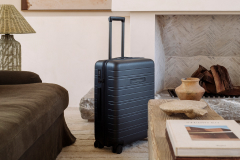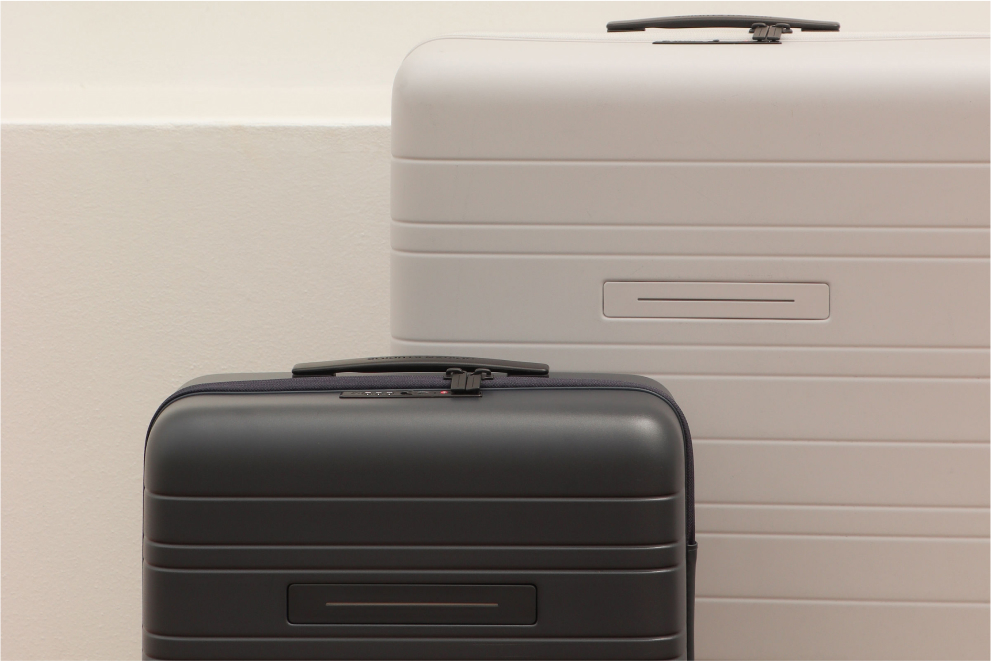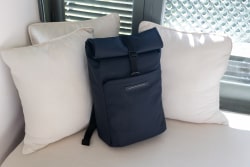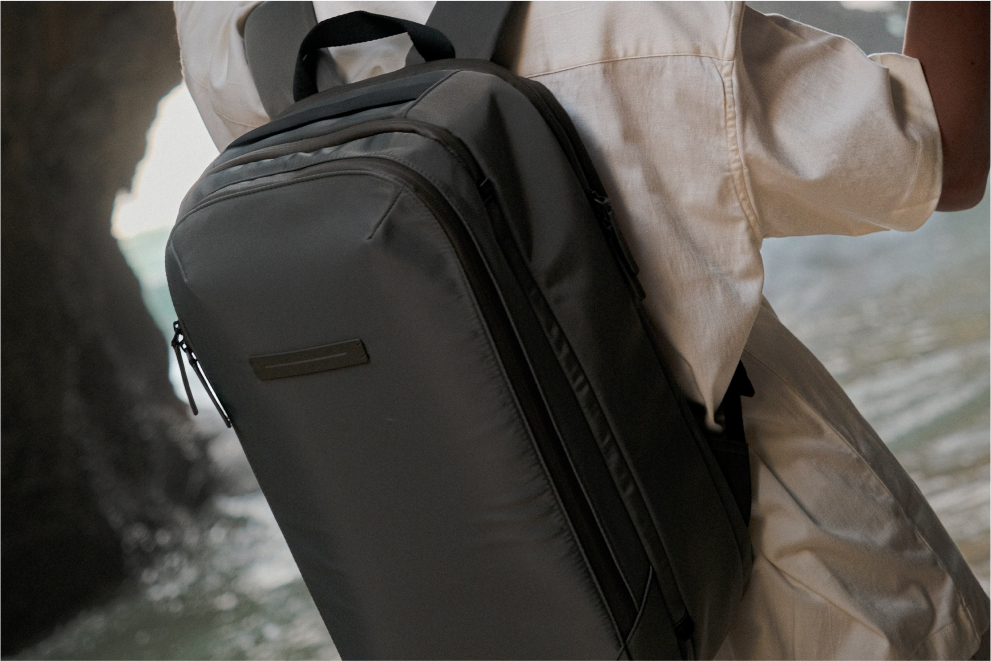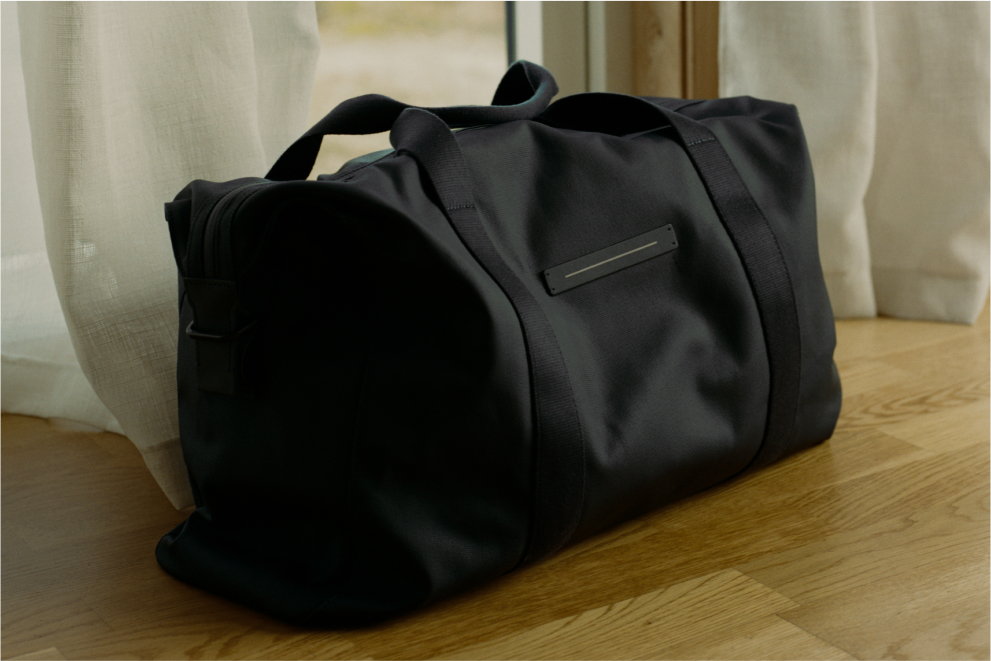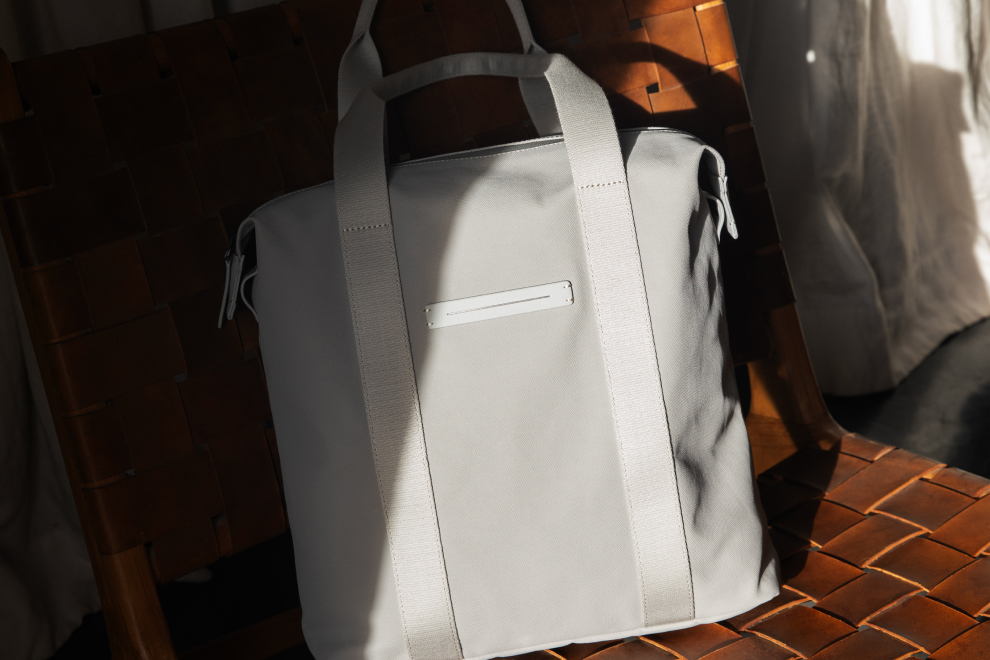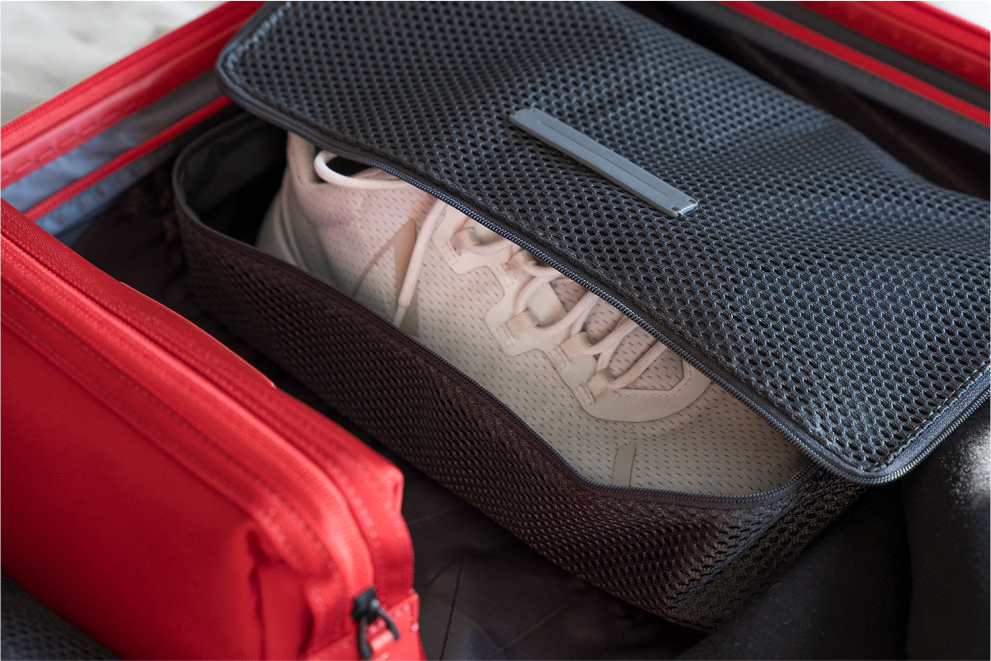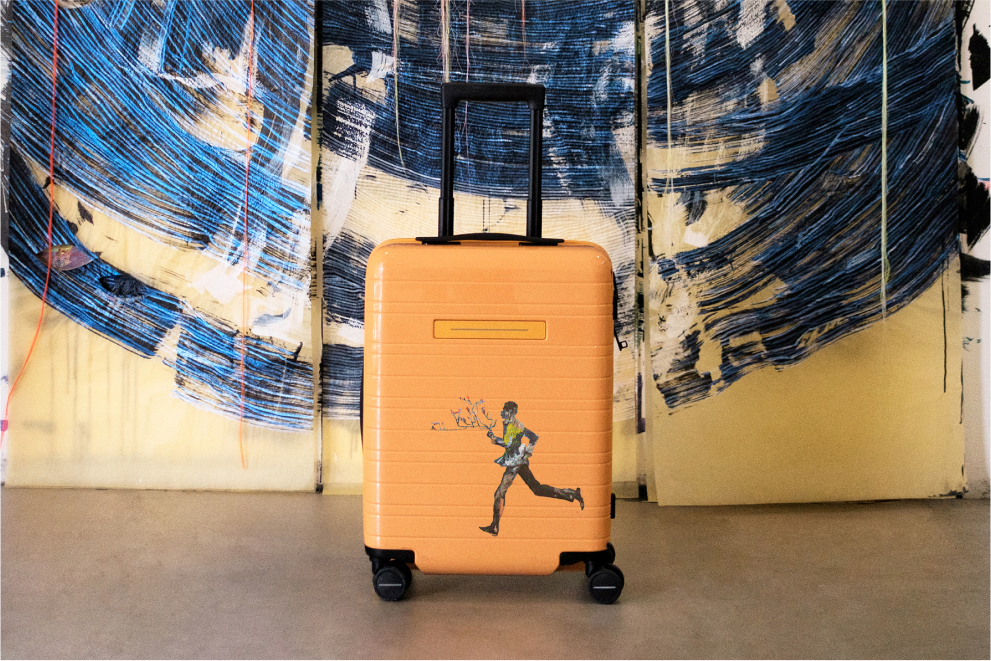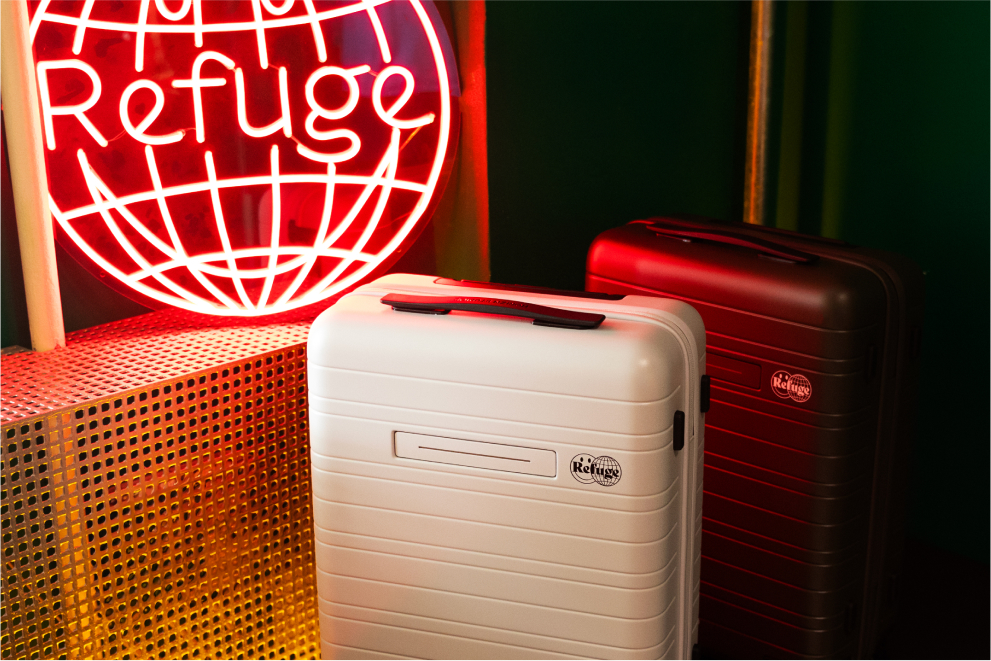Life Is A Journey With Louna Sbou
In the Oyoun co-founder and artistic director’s world, optimism prevails
If Louna Sbou is interested in you, she’ll go straight to deep talk. “When was the last time you cried and why? What are you really passionate about?” asks the CEO and artistic director of Oyoun, the anti-disciplinary art and cultural institution amplifying decolonial, queer*feminist, and migrant perspectives she co-founded in 2020. It’s the depth that comes with her mission to realise a utopia of a free society, one in which love, trust, and compassion reign, and to lead us into a brighter, more connected future: “Our work is heavy. We need to balance that intensity and preserve our energy,” Louna says.
The 36-year-old is busy sowing the seeds for the next generation. Recognising the power of interpersonal connections, especially in a society marked by pervasive social division, she and her team of 30 foster exhibitions, residencies, musical gatherings, and more. These serve as sanctuaries where their community can rejuvenate and have their physical presence and lived experiences arrive at the forefront. “As soon as I enter Oyoun, I can be myself. It’s the only way we can cope,” she says as we enter the ground-floor café Adot, which serves authentic Ethiopian food and coffee. One wall displays Black in Berlin by photographer Yero Adugna Eticha; Morocco's fabled blue city, Chefchaouen emblazons another. “[Outside of Oyoun], there’s a lot of code switching, using different body languages, or just a feeling of isolation,” she notes. She refers to questions like, ‘Where are you really from?’, which she thinks is not a curiosity, but a form of othering.
Louna’s words carry substance. Possessing a quiet strength and unassuming authority, she doesn’t boast about her achievements, but lets her actions speak for themselves. As we get comfortable in the exhibition room Kahina, named after the Amazigh warrior and feminist icon Al-Kahina, Louna shares her storied path from the beginning, starting with her star sign (Virgo), her passion for paint and poetry, and her inclination to overthink.
Growing up with six siblings, Louna was a prodigy in her own right, fighting the odds against her. Her Moroccan parents had emigrated to Germany in the 1980s – her father was from a desert town, her mother from the seaside. In Germany, they changed residences every two years due to fascist neighbours, resulting in Louna attending 13 different schools. She recalls some of them: one with a swastika tattooed on his stomach, and one group setting their house on fire. “Everything was always in limbo, because I knew this is not what I would identify as home,” she sighs. Louna describes her cultural identification as transient, too: “There’s not one Moroccan or one African or one Muslim or one queer. It’s not a monolith, but quite diverse and very deep,” she says. Now, after a lifetime of grappling with the effects of lateral oppression, she consciously embraces her path of healing – and finds solace in the knowledge that she is not alone in this journey.
At the age of 16, following a year-long school exchange in the US, she founded her first company. At the age of 22, a missed return flight extended a planned two-week getaway into an unexpected three-year stint in the SWANA region. “I was younger and wilder,” Louna chuckles as she reflects on her experiences amidst Jordan's lush mountains with cascading waterfalls, the iconic red desert, and the Dead Sea. Her journey also took her through the bustling hubs of Damascus, Beirut, and other urban centres. Through couchsurfing and networking, Louna fully engaged with each locale. “That’s a massive privilege, too – to say, I can just stay,” she adds. It variously turned her life around: Louna no longer pursued corporate jobs, like her consultancy, coaching, cultural diplomacy roles, either. “Being around politicians, business people in capitalist and neoliberal settings didn't do that well for me. So I dropped whatever held me back and where I felt I had to perform,” she notes. To this day, Louna isn’t afraid to take risks – her biggest strength, if you ask her loved ones.
In 2015, together with her partner, she settled in Berlin and studied public funding. A chance encounter led to the opening of her first project, Be’kech, or Wedding’s cosy living-room style community space and so-called Anti-Café, in 2017. Accepting time as the only currency (five cents per hour for food, drinks, desks, workshops, and more), the popular joint welcomed up to 200 people to their nightly events. In 2020, and a 90-page government proposal later, Oyoun, with a much larger capacity, was born. Here, every member contributes its own history, profile, and triggers – on top of their work and imaginative future, and shapes Oyoun in a very collective and organic manner. “It's beautiful to see how these realities flow,” Louna muses. What’s really rewarding, too, she adds, is to see every new fellow’s confidence building up.
A month after we met, Louna and her family embarked on an eight-day train journey to Casablanca to stay with her mother, who now happily resides there. Travel – her younger self’s form of exploration; now her way to foster reflection and awareness – is a true privilege. “Being exposed to the injustice across the globe, the impact of colonialism and today’s world, travel was more than a lesson – it was the university of life.” What world does she envision for her two daughters, who are three and five years-old? “One with a collective necessity to support each other and love instead of anything else you know,” she replies.
She also imagines their future in Morocco, away from Europe’s resurgence of far-right extremism, a coastal life offering a soothing backdrop for creativity. Louna's wish to coalesce African diasporic people and their motherlands through local artist residencies speaks to her commitment to art as a bridge between the often intangible realms of struggles and dreams, but also to strengthen cultural bonds and promote a shared sense of identity. And because she’s Louna, no matter her path, her aspirations hold the promise of a more inclusive world, leaving a lasting mark on both the creative community and the broader society she seeks to enrich.
